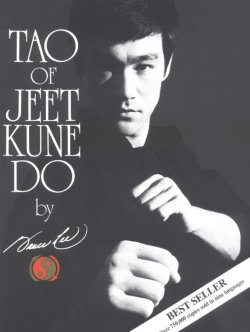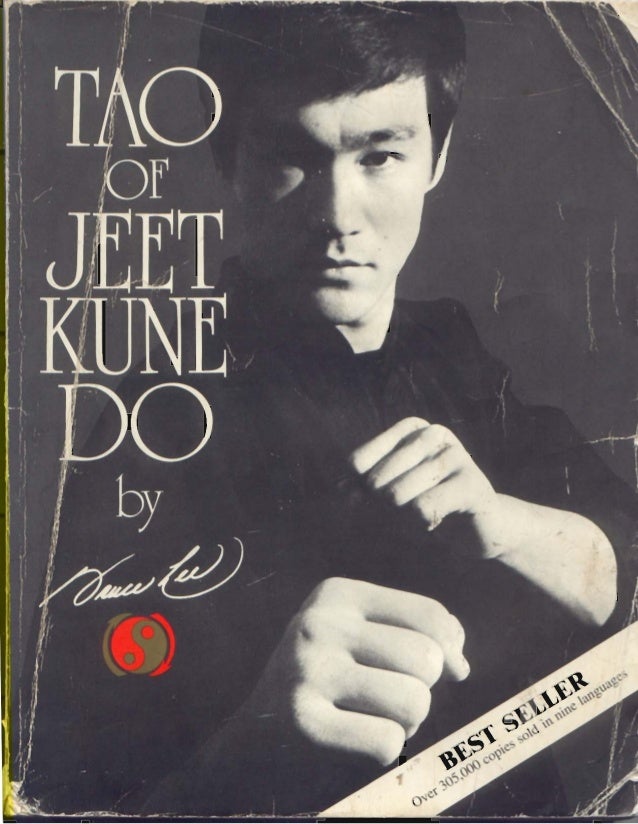
Often, Jeet Kune Do schools are simply martial artists who are teaching from their small gyms or garages, and the popularity of Jeet Kune Do has generally gone down since Bruce Lee’s death. Jeet Kune Do is a relatively niche martial art that is not that visible to the public eye, but it does have a certain following around the world. His goal was to liberate his followers from following this or that style and to inspire them to be fluid and ready to fight in any situation with lightning-fast punches and kicks.

Apart from adaptability, his philosophy focused on simplicity and direct, fast, and powerful strikes. Lee first outlined a system called Jun Fan Gung Fu but later renounced it and outlined the principles of Jeet Kune Do. It is primarily a philosophy, rather than a true martial art because it is based on Bruce Lee’s belief that you should not limit yourself to a set martial arts system, but rather be adaptable. Jeet Kune Do is a relatively modern martial arts philosophy.

In this article, I’ll familiarize you with Jeet Kune Do, giving some background and touching on some frequently asked questions about the logistics of practicing Jeet Kune Do and help you determine whether or not it might be a good fit for you. Jeet Kune Do also tends to have more of a philosophical bent than other martial arts due to its origins.
TAO OF JEET KUNE DO GRAPPLING HOW TO
In Jeet Kune Do, you can expect to be taught how to strike quickly and effectively, focusing on applying the least amount of effort while maximizing your speed and power.

Is Jiu Jitsu the Best Martial Art? (The Untold Truth)


 0 kommentar(er)
0 kommentar(er)
